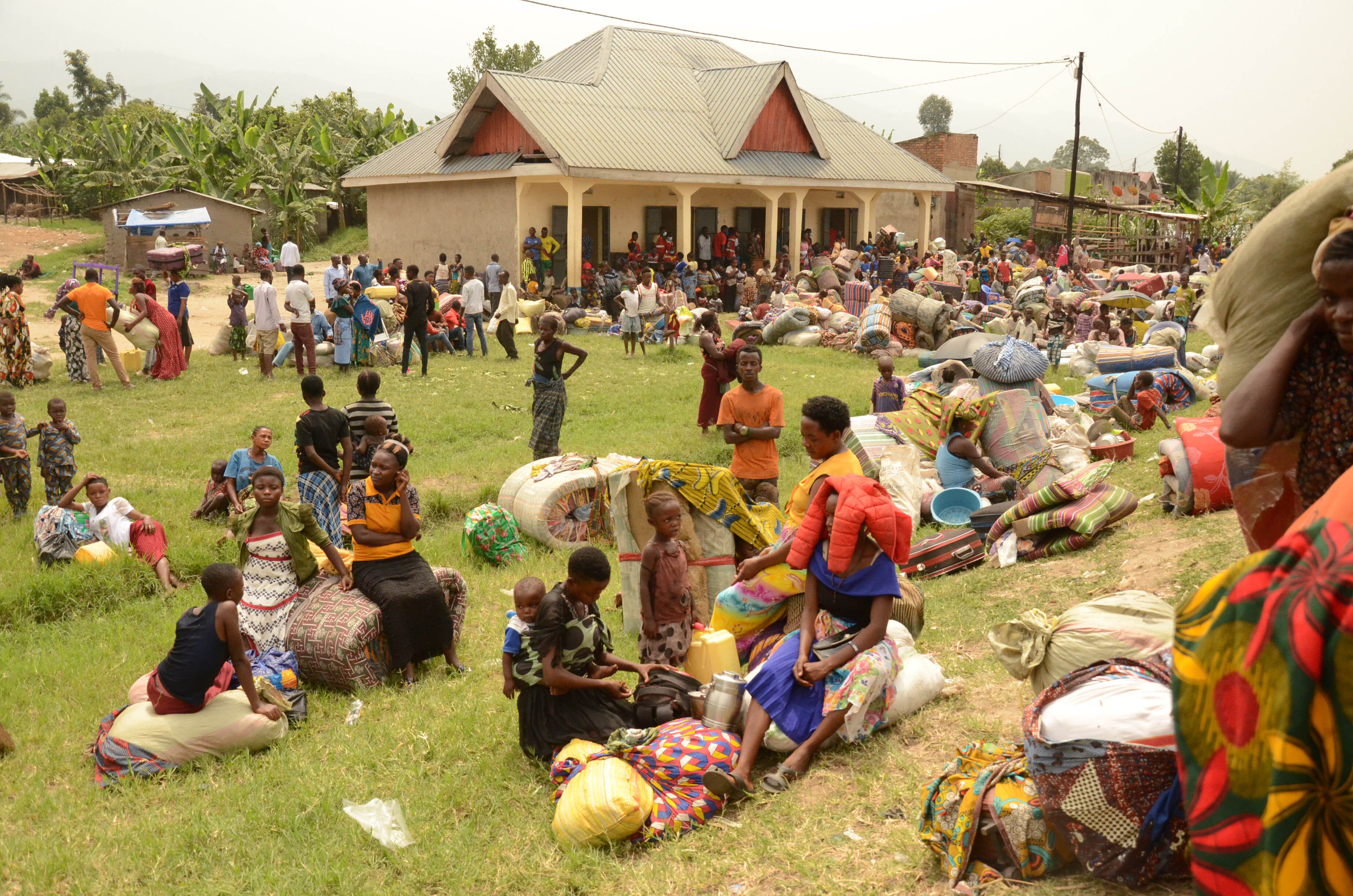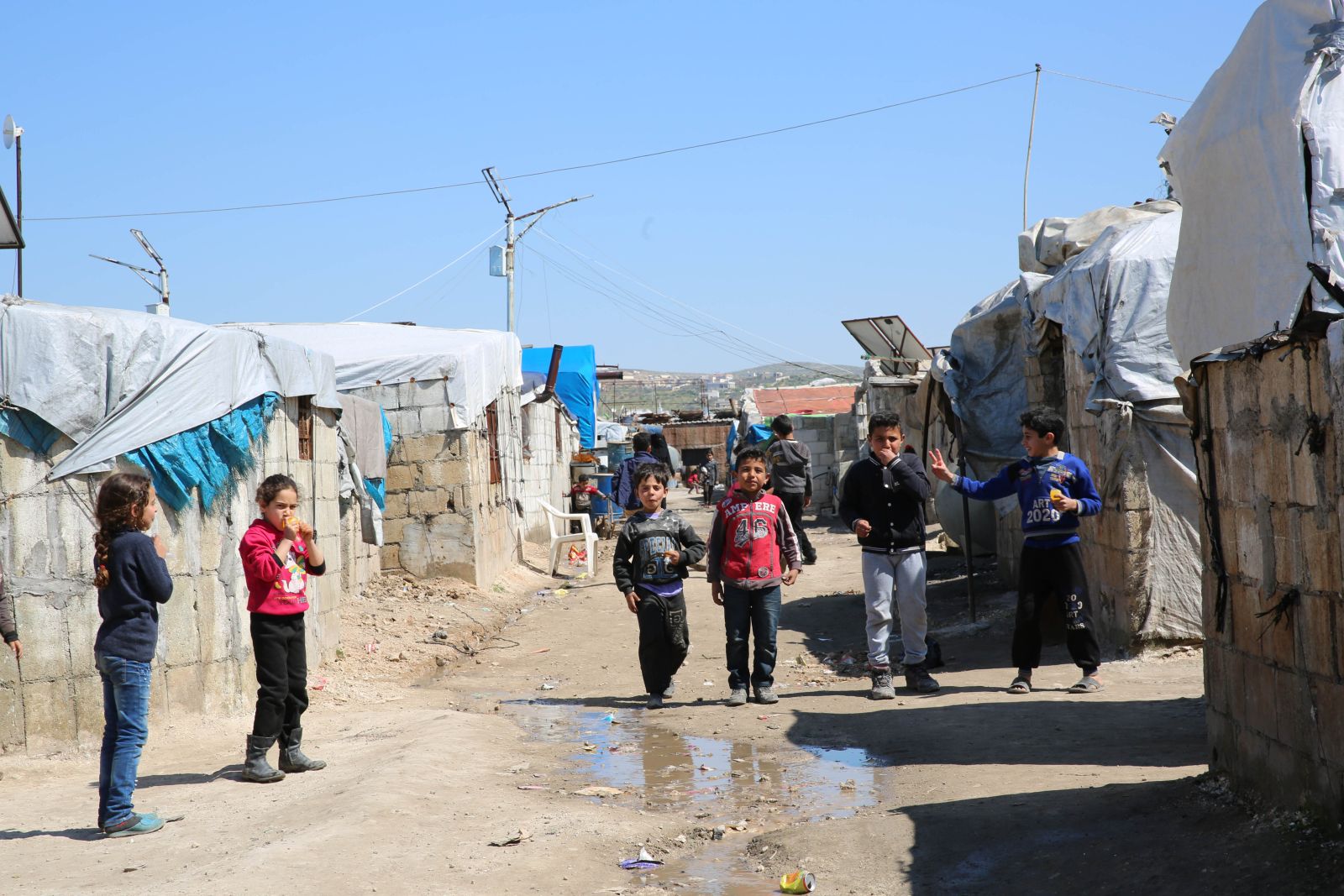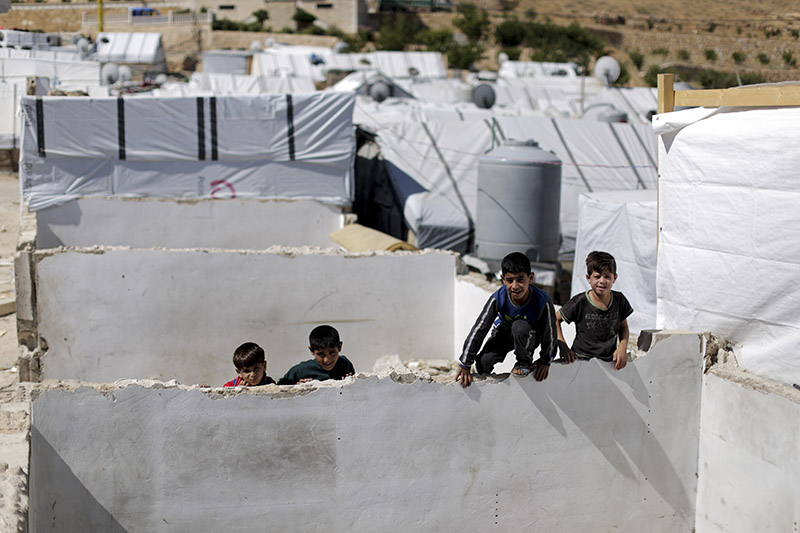Infrastructure
Refugees resist relocation

There are about 29,000 refugees at Dzaleka Camp in Malawi. Most of them have fled genocide, wars and violence in Rwanda, Burundi, Ethiopia, Somalia and the Democratic Republic of the Congo. The camp was set up by the UN Refugee Agency (UNHCR) in 1994.
The Malawian government directed in 2014 that all refugees should move from Dzaleka Camp – which is about 50 kilometres away from the capital city Lilongwe – to Katili Camp in Karonga, which is over 500 kilometres away from the capital. For the past two years, it has mounted a series of mobilisation campaigns.
Lisa Quarshie, a senior UNHCR officer, argues that the relocation of refugees to northern Malawi is impossible. The reason is that the Katili area “has no potable water and there is no access to farming land which is essential for the sustainability of any person, including refugees”. She says her organisation is willing to decongest Dzalkea Camp and would support relocation to an alternative place “as long as it has all the amenities needed for the refugees, such as water and farmland.”
In contrast, Sam Madula of Malawi’s Home Ministry insists, that fertile lands and adequate water supply are not “pre-requisites for the camp relocation.”
The refugees themselves do not want to move. Mamadou Kasongo, who is originally from the DR Congo, states: “I have lived here for many years. I am not sure of the security situation if I move to the new site.”
John Dukuzumuremyi, a Rwandan refugee, has been farming around Dzaleka area for the past seven years and has made friends with local people. “I am a farmer,” he says. “I rent some farmland from Malawians here. I grow different kinds of crops which I sell.” He does not believe that moving to Katili would be good for his family.
There is reason to doubt, moreover, that the refugees would be welcome in Karonga. Humphrey Mawambila of an association called Karonga-Chitipa Heritage warns that the government plan will not work out. His organisation lists a number of reasons, including shortage of land, the security situation and environmental problems. “We know that some chiefs in Karonga have given the government a nod to go ahead with the plan, but we do not accept this decision,” Mwambila says.
The matter has been dragging on for years. It does not look as though the government will get its way anytime soon.
Raphael Mweninguwe is a freelance journalist based in Malawi.
raphael.mweninguwe@hotmail.com














